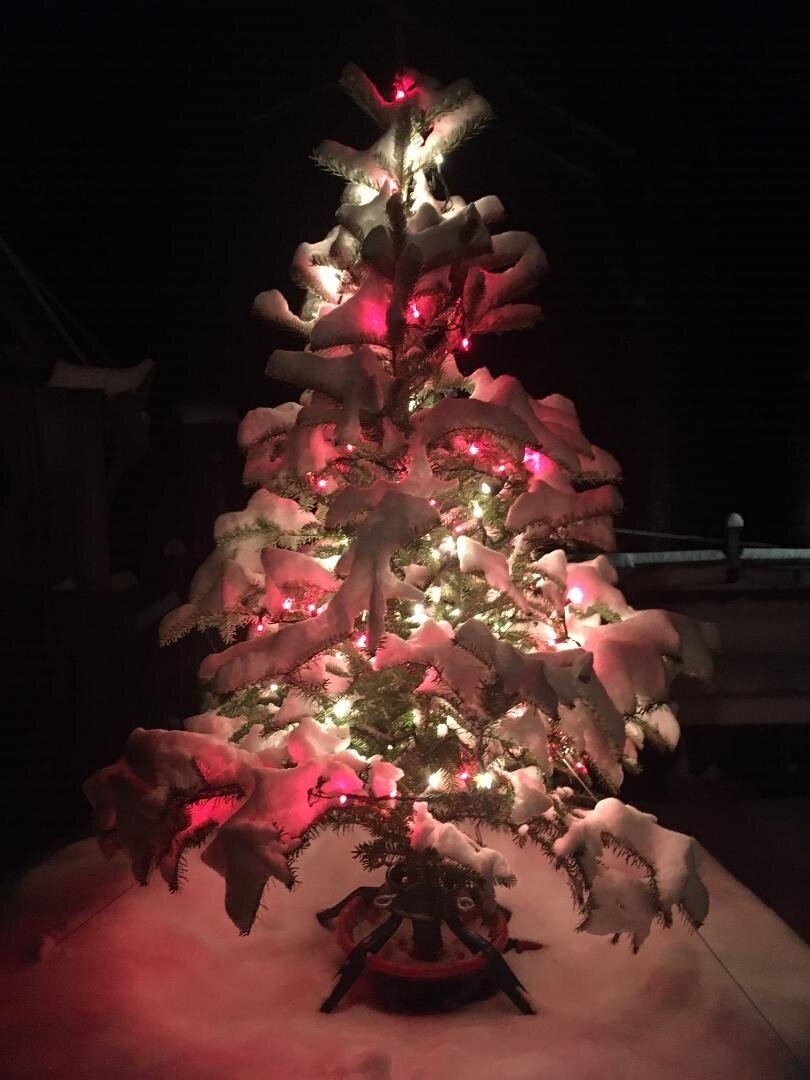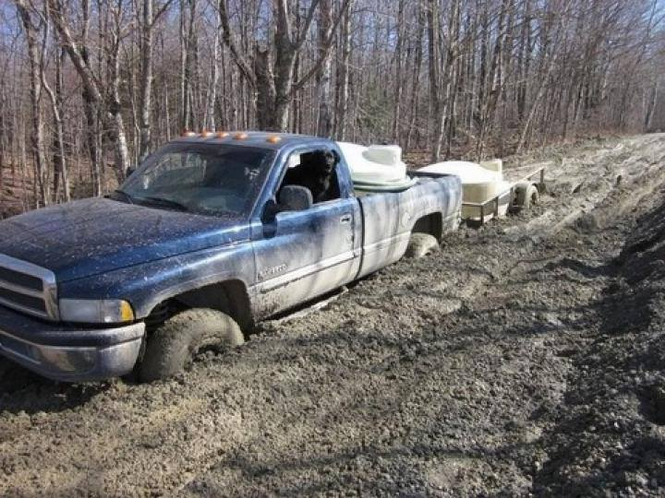I climb out of my Honda Civic into the cold December morning: I pull my cello case from the back seat and begin stringing myself with accessories. I take pride in my sherpa-skills: if I can't take everything in one trip, I have failed. The straps from two portable stand bags go over my head, two large, square scarfs. The cello case strap gets lifted onto my right shoulder leaving my right hand free for my folding cello bench. This leaves my left hand to do pretty much everything else; close the trunk, lock the car, then, finally, pick up my music bag, which weighs approximate 300 pounds because I tend to leave all the music that I have ever used in it.
I hobble across the parking lot, pride spread across my sherpa-face, where I’m met by David, waving at me with big black winter gloves on. I wave back, (silently laughing at his mortal need for winter gloves). We are at his work place for the second annual two cello holiday playing.
Last year David decided it would be nice to play some holiday pieces for his work mates. When he told me about his plans at his lesson I asked him if he was excited to play for them all. “Yeah...” then silence. Not exactly the Huzzah I might have hoped for. I looked over at him, paused, then asked “Would you like to play duets at your work?” He grinned. Enough said.
We head into the elevator and climb to the second floor. We are going to play while his co-workers share a holiday potluck lunch. We are squeezed in between the Queso dip and the Yankee swap.
As we enter the room everybody turns to stare. I'm used to that reaction - with my large dark green cello case slung over my shoulder, various bags and cases dangling from my neck, I look like a bizarre wind-up musical Santa Claus.
We set up our stands next to the dessert table and get ready to play. David seems slightly disconcerted by the constant stream of conversation over lunch. We tune as someone yells out suggestions for a friend to add ice cream to the dessert she has brought. I welcome him to the world of wedding/cocktail party playing: no wedding event is complete without someone spilling a drink on your shoulder as they peruse your music.
Once set up, we begin playing our holiday pieces. David has chosen his parts, in some he is playing the melody and in others he takes the low line. I can hear his nervousness in the bow doing a bit of bouncing off the strings at first. However as we move into the music he settles in and begins using the focus techniques we have worked on in his lessons.
As we near the end of the short program, we suggest everyone sing along to “Joy to the World.” People smile, nervously laugh, then sit silently. They are really happy to see and hear this David that they don't know - cellist David - but not quite happy enough to lift their voices. Besides, why sing when you can be eating Queso and ice cream?
I had suggested we finish with “Silent Night”- I asked David to take the first verse as a solo. He did and when he finished there was loud clapping, cheering and hooting from his friends.
What is important about all of this is two-fold; David has studied with me for about five years. During that time we have worked a lot on a certain set of skills. He struggles, mightily, with performance anxiety. However, David is diligent and dedicated to focusing on this and, at my suggestion, takes himself out of his comfort zone as much as possible. Success in performance is, therefore, a very big deal. David took his cello out of the room and I followed. Once we were clear of the visual field of the people in the room, I gave him a big, high five accompanied by my happy jig. [My kids know the ultimate positive reinforcement is when my feet leave the ground.] David grinned broadly, letting go of the containment of his joy.
The second fold in the two-fold is that the day before the holiday playing David had come to his lesson, opened his case to find the pegbox of his cello crushed. On the way into work he had stood the case up next to the car and as he turned around to get something, a strong gust of wind sent the case over hard, “like a gunshot,” was the description he gave of the sound. The case seemed ok so he assumed the cello was as well. Imagine his shock to open the case and find his beloved broken. I called Paul into the room and he quietly looked the instrument over. Unfortunately the only repair possible is to replace the neck of the 100 year old cello. I almost couldn't meet David's eyes because I knew how upset he was.
Once he could breathe, we loaned him an instrument until his is repaired. Later, as I cut vegetables up for dinner, I imagined the long ride home for him; not only the despair about his cello, but, in the short term, he was now facing playing the holiday gig with an instrument that was completely new to him.
Double whammy- indeed.
For me, the gifts of the holiday season rarely come wrapped. David's gift yesterday was success in something that is part of who he is. His friends’/colleagues’ gift was the music David gave them and his willingness to expose a deeper part of himself to them. My gift was seeing the work that David and I do together give back to him.
Being mindful offers us an opportunity to both give and receive gifts every day of the year. Instead of looking under the tree this holiday season, perhaps we might look around it instead.
Happy Holidays.
Peace,
Melissa Perley
















